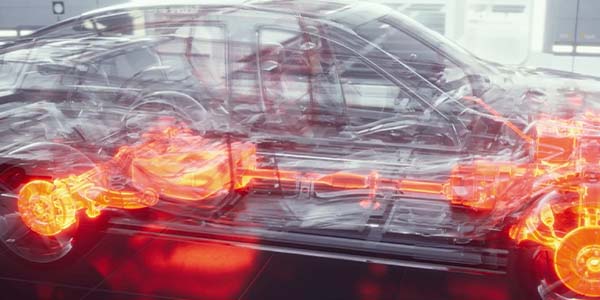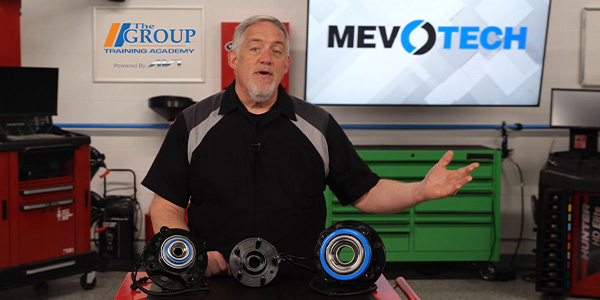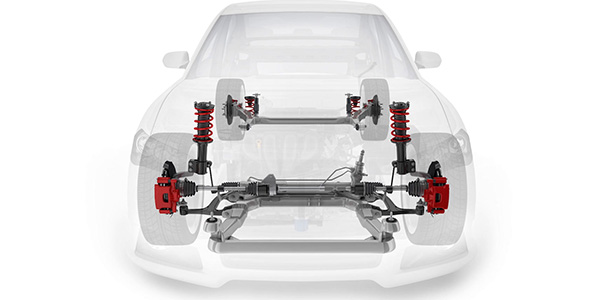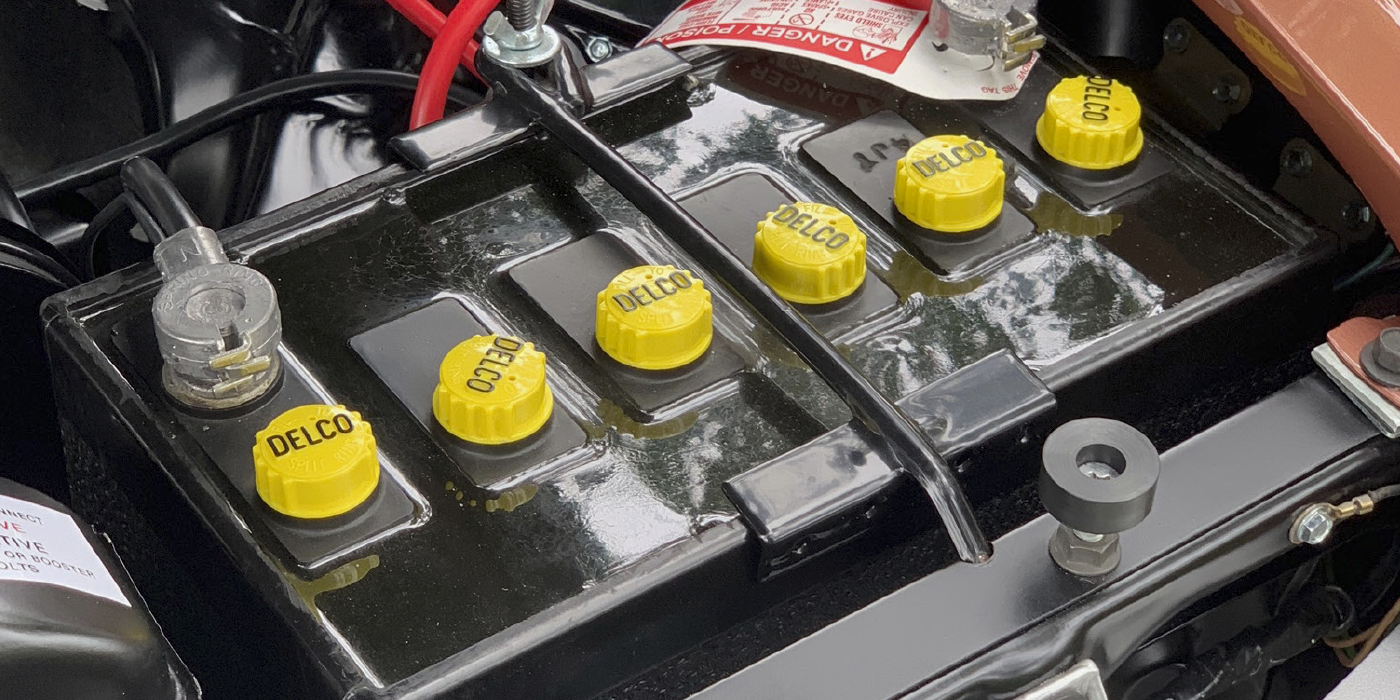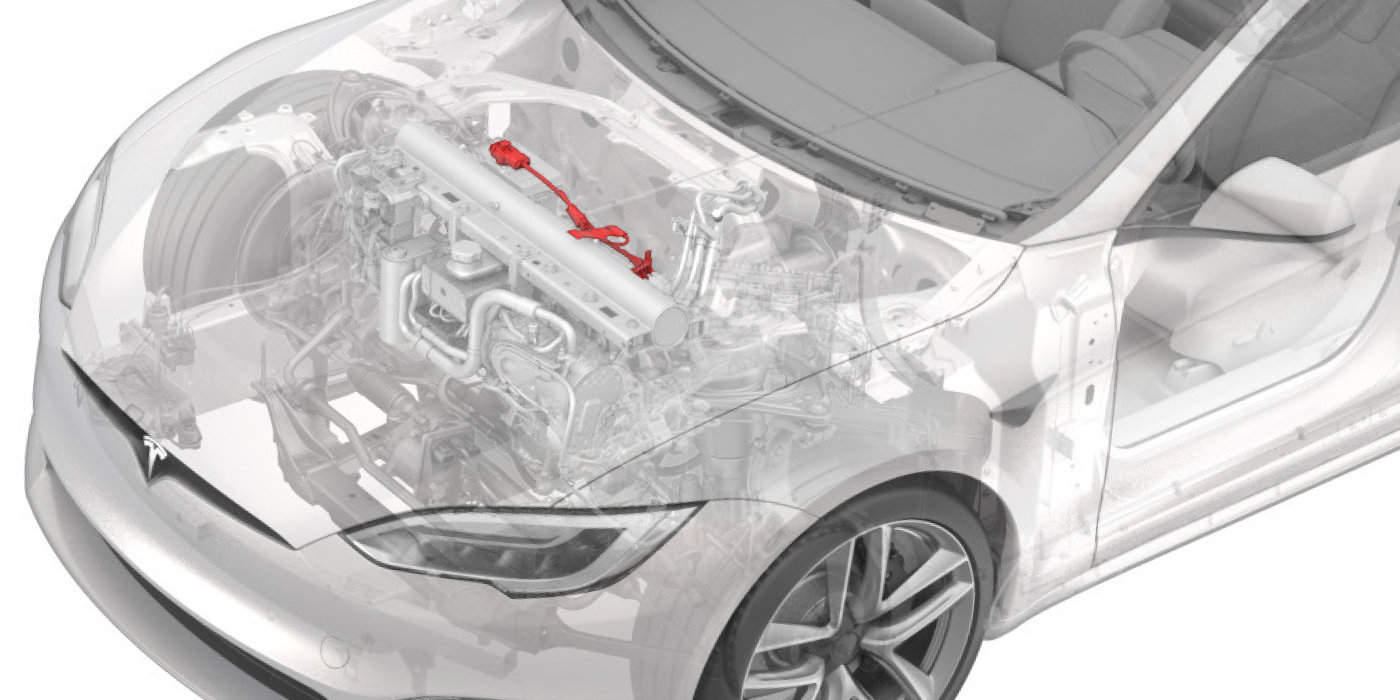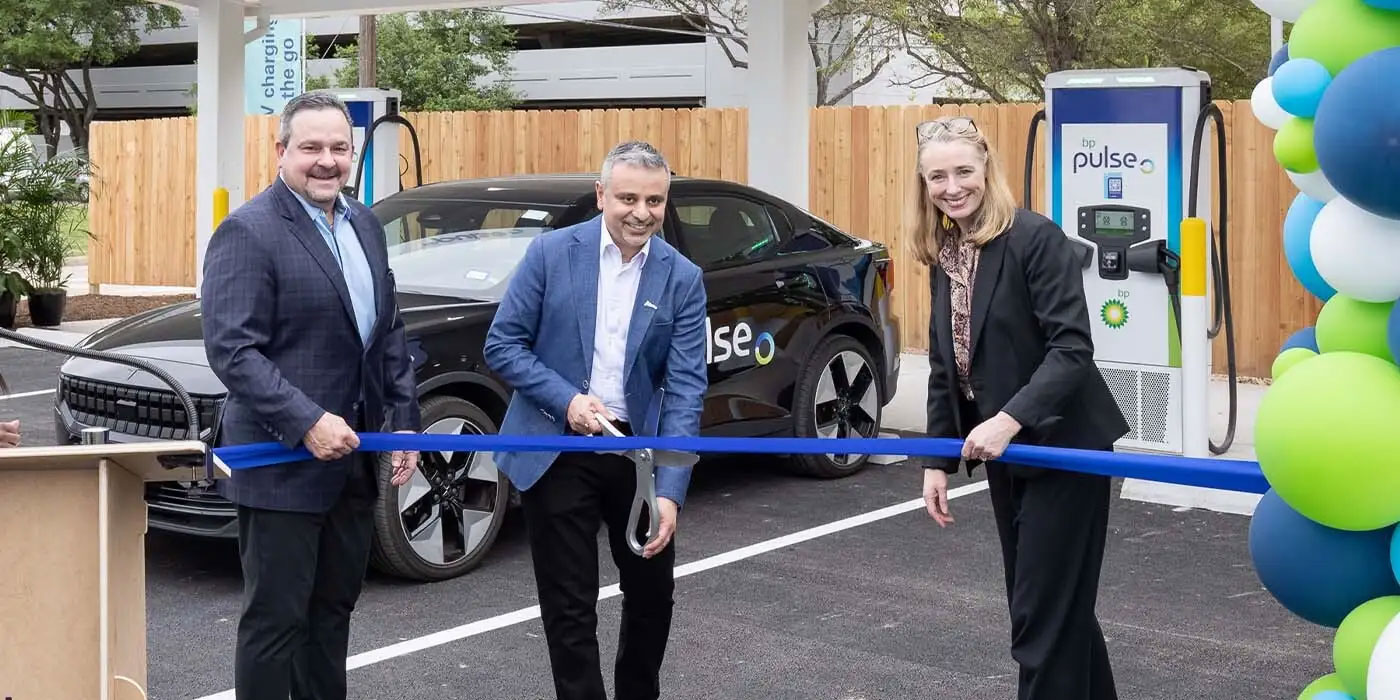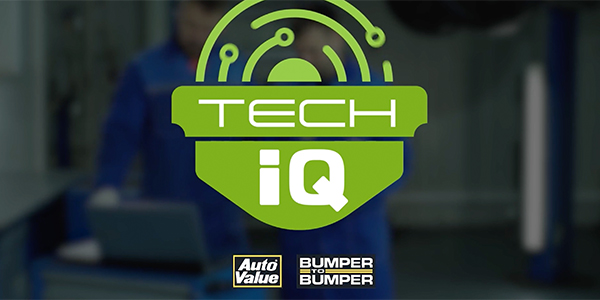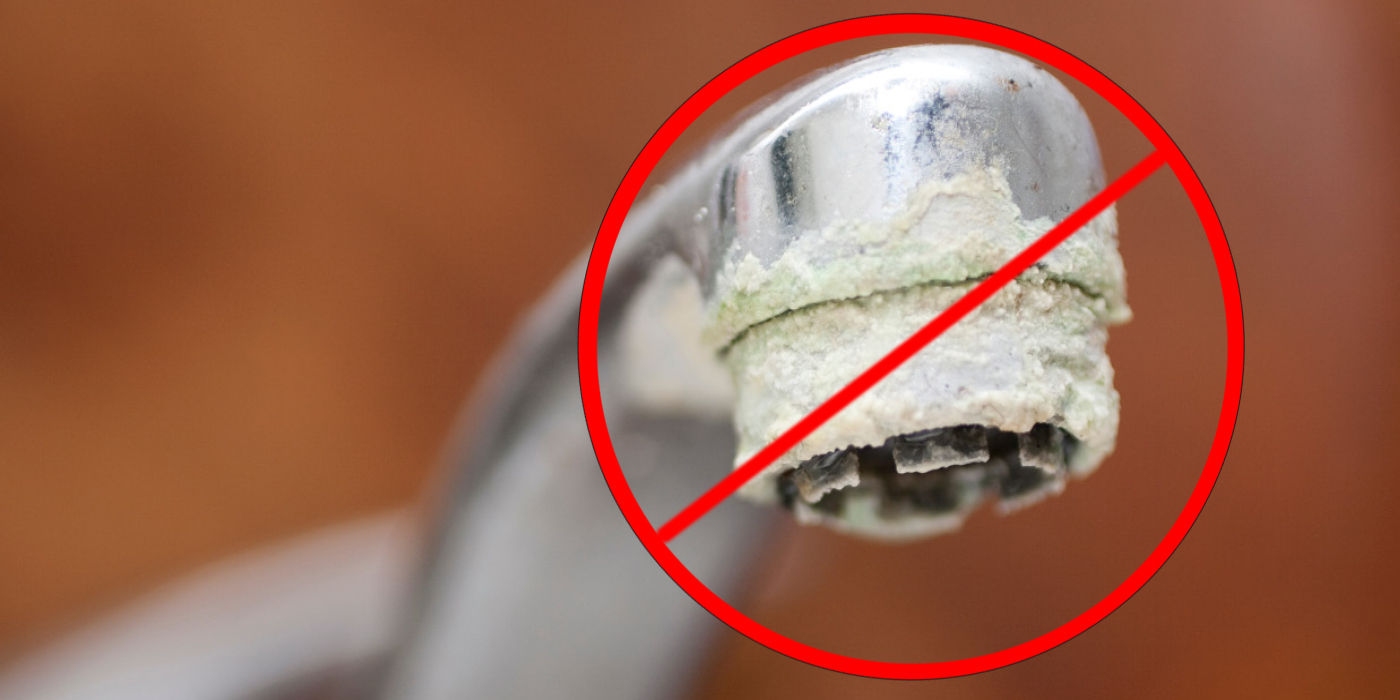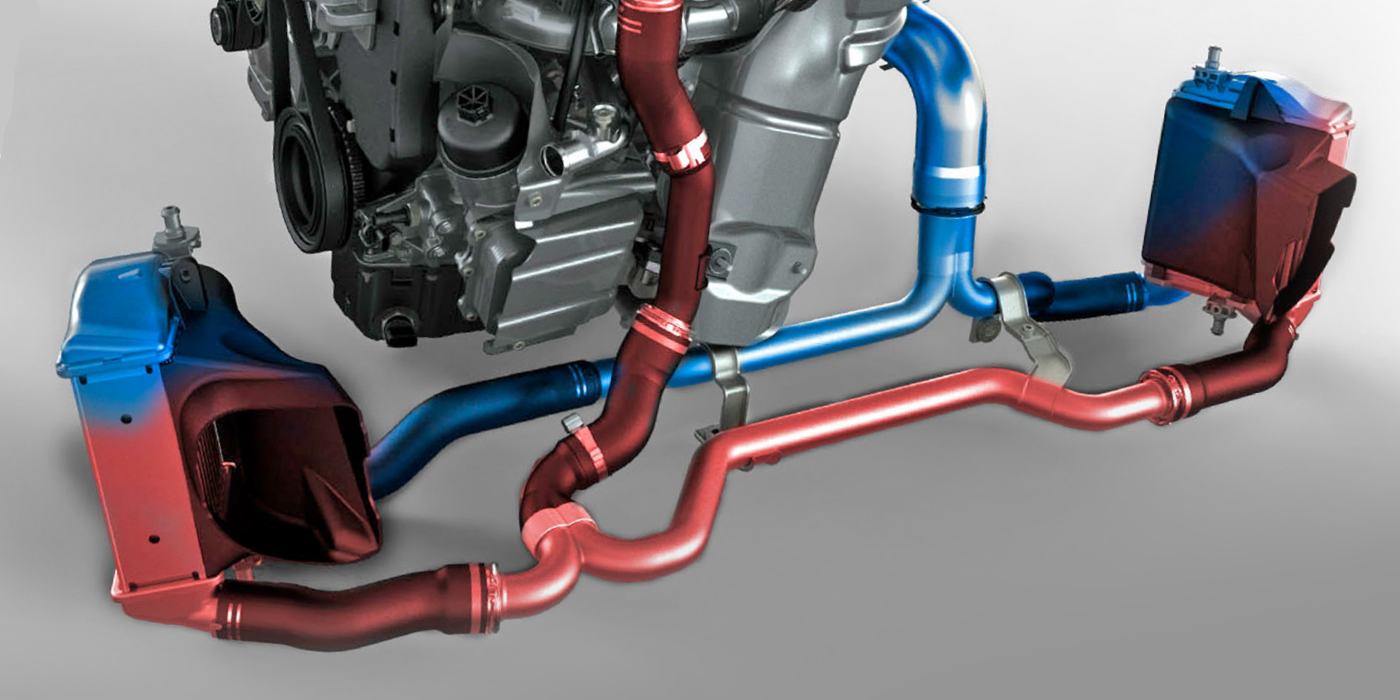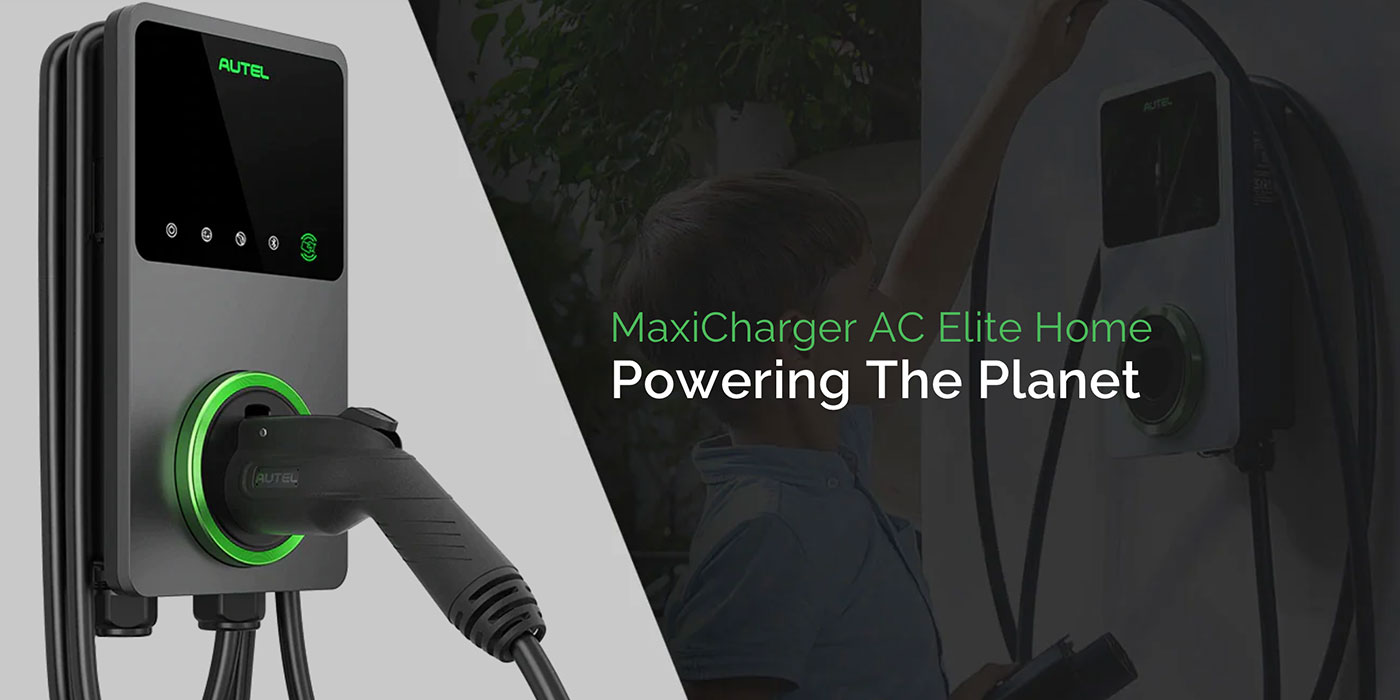Trapped air in the heater core of a 2001-’05 Honda Civic can cause an occasional gurgling that’s loudest when lightly accelerating through 1,400 rpm with the temperature control dial cranked all the way to maximum heat.
Bleeding the cooling system might cut down on the noise, but, in some vehicles, the heater core may still gurgle even after extensive bleeding. Here’s a way to bleed the system to ensure good results.
Service Procedure:
1. Make sure the temperature control dial is set to maximum heat (turned fully clockwise).
2. Remove the radiator cap and attach a Matco Tools spill-free funnel (P/N SFF2) to the radiator filler neck. If your shop doesn’t have one, you can insert a clean outer CV joint boot into the filler neck opening instead.
3. Start the engine and let it idle until it reaches normal operating temperature.
4. Fill the funnel with engine coolant. The funnel raises the engine coolant level, increasing the pressure on the air bubble.
5. Lift up the right-front corner of the vehicle. Increase the engine speed, and “burp” the heater core by massaging the hoses.
6. Turn off the engine.
7. Remove the funnel and reinstall the radiator cap.
Courtesy of Mitchell 1.
For more information on Mitchell 1 products and services, automotive professionals can log onto the company’s website at www.mitchell1.com.

